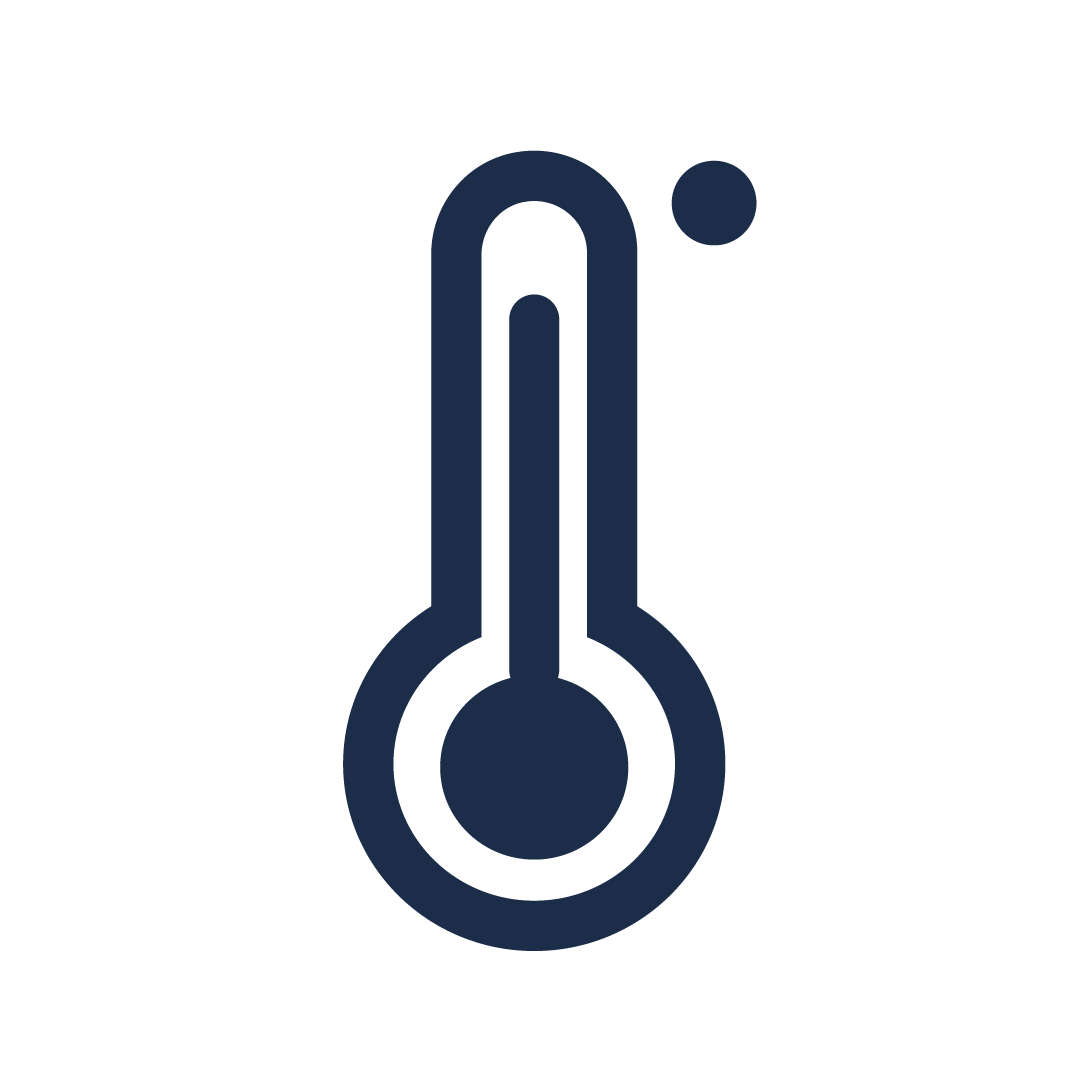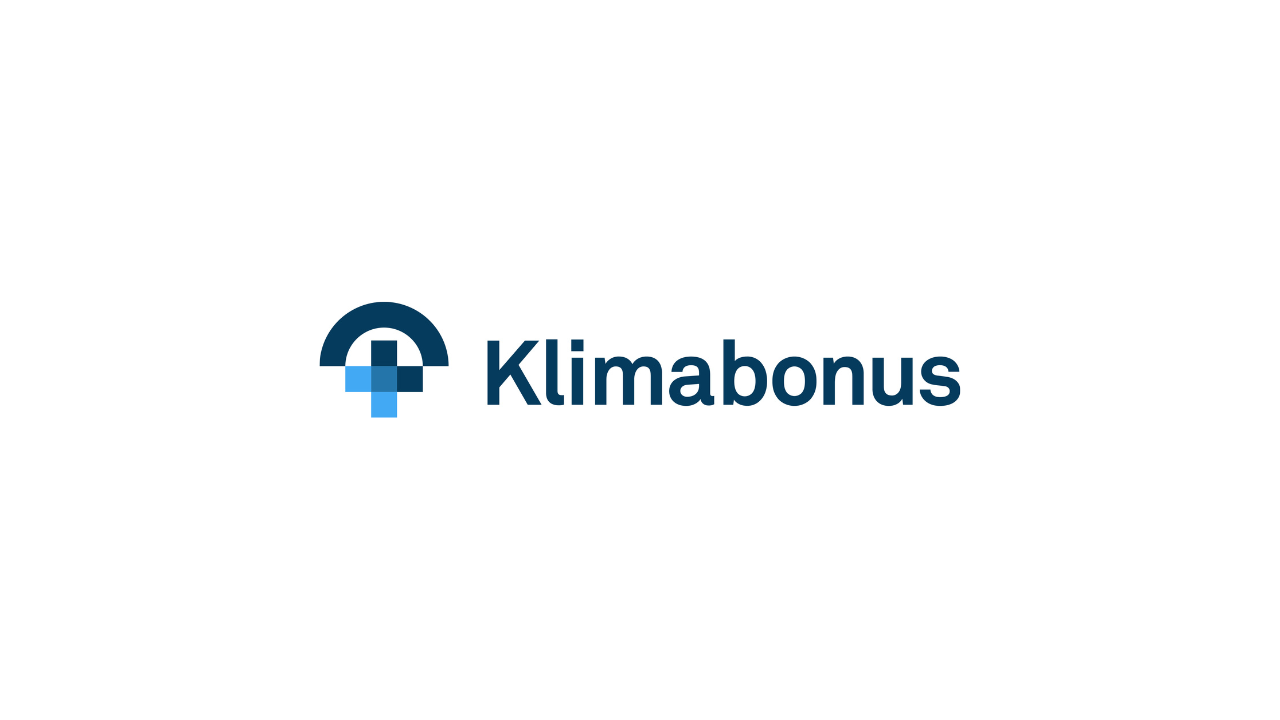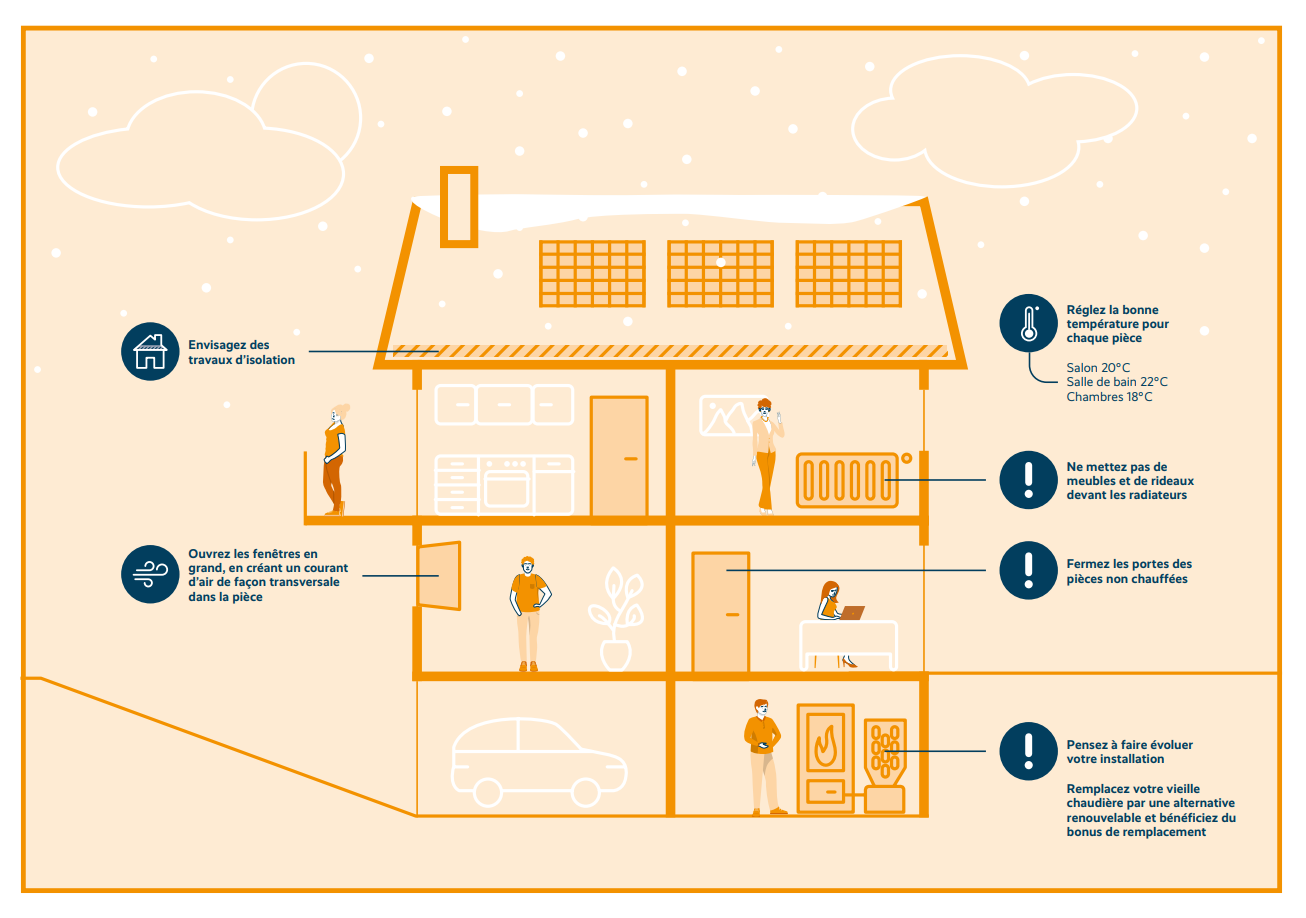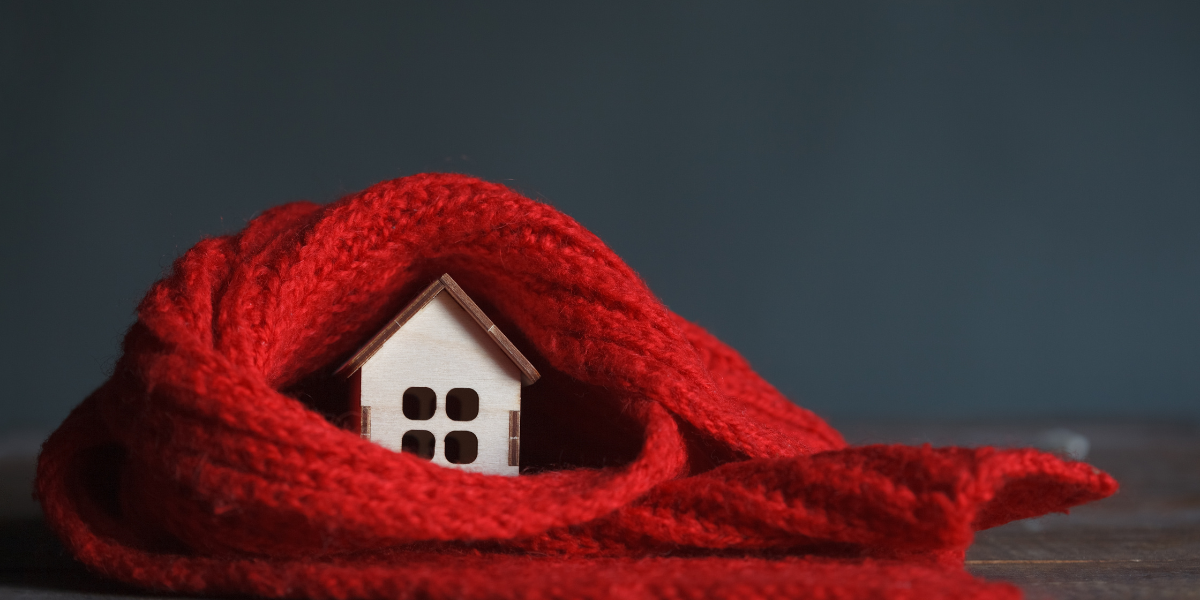I set the temperature in each room correctly
I make sure that the temperature in the living rooms is always appropriate and not too high. If I lower the temperature by 1 degree, I can reduce my energy consumption by 6%.
| Room |
Optimal temperature in degrees Celsius
|
| Living room | 20 ° |
| Bedroom | 17-18 ° |
| Bathroom | 22-23 ° |
I avoid heating insulated rooms (and leaving adjacent rooms unheated) and lowering indoor temperatures in living spaces below 16-18 °C, especially in older buildings.
If I am not using a room, I remember to turn down the heating and close the doors to unheated rooms.
This way, the heat stays in the heated rooms and I can save up to six percent of my heating costs.
Attention: The radiators should not be covered by furniture so that the air can warm up well and the room can heat up; only then can the thermostat measure the temperature in the room correctly and regulate the heating. This measure can save up to 12 % in annual heating costs.
I also remember to bleed my radiators regularly. The air has to get out so that the heat can circulate freely. This small operation usually takes only five minutes per radiator, but can reduce heating costs by 1.5 % per year.
 I ventilate the rooms properly
I ventilate the rooms properly
Quite often people ventilate by leaving the window tilted for a long time. But it is better to ventilate with the windows wide open, preferably with a draught, and only for a few minutes. This results in a rapid exchange of air without much heat loss, which improves the quality of the air : at least 3 times a day for 5-10 minutes (3-5 minutes if outside temperatures are below 0°C).
With tilt ventilation, to have the same effect, I have to keep my windows open much longer to achieve the same effect for the air quality, but I cool down my room, the furniture and especially the walls around the window at the same time. So the energy loss is all the greater.
I ventilate after phases of increased humidity (bathing, showering, cleaning, cooking, getting up in the morning, ...). I use humidity meters in rooms that may have high relative humidity (bedroom, kitchen, bathroom, ...) and ventilate the rooms when the values rise above 60 % relative humidity (50 % in old buildings without thermal insulation).
At night it is also advisable to keep the shutters down to avoid additional heat loss. In winter, the roller shutters help to keep the cold air out and in summer they protect against too much heat in the rooms.
I remember to keep a distance of 10-20 cm between the furniture and the outer walls so that the air can circulate along the outer walls.
If mould appears, I disinfect the visible mould stains with alcohol (70-80 %). (Permanent fungicides or disinfectants should be avoided as they are also harmful).
 Saving money at a low price
Saving money at a low price
To make my life easier and save money, I buy programmable digital thermostats. With them, I can determine when which room should be heated. All I have to do is pre-programme the times and temperatures to easily save energy.
For example, if I only use the bathroom in the morning and evening, I set the thermostatic valve so that it is always pleasantly warm when I am in the bathroom - but only then. That way I avoid heating an empty room.
Digital thermostats are very easy to install. When I buy them, I should take the old thermostat head with me so that I can also buy the matching adapters for the radiator valves directly. At home, I only have to unscrew the old model and screw on the new, digital thermostat.
Digital thermostatic valves can also be operated remotely. So I can preheat my home via my smartphone before returning home.
I'm also thinking of insulating the boiler pipes in the basement. That way I don't lose unnecessary heat.
I seal my windows and doors so that I lose as little heat as possible. For example, I can put brush seals on the bottom edges of the doors. These are not particularly expensive, but can reduce energy loss considerably. A new seal makes sense especially for doors to unheated rooms as well as the front door of a flat.
Saving hot water
I replace the regular shower head with a water-saving shower head that has a smaller head and bundles the water better. In addition, such shower heads are usually equipped with a flow limiter. With this simple measure, I can save up to 30 % on hot water costs.
In addition, I can use a jet regulator in the kitchen, which is much more economical because it reduces the flow of energy. Thus, I save on hot water especially for short activities such as food or washing my hands.
I reduce my shower time to a maximum of five minutes and avoid taking a bath. I can also lower the water temperature slightly without any noticeable change in comfort. This saves me hot water on the one hand and energy on the other, because the water heater has to use less energy.
In everyday life, I can reduce my energy consumption with simple actions. I can wash my hands with cold water without any problems because the soap still removes the dirt.
 I have my boiler checked and thermography carried out
I have my boiler checked and thermography carried out
The environmental administration offers an energy assessment of heating systems in households, the so-called “Heizungscheck”. During this one-off mandatory inspection by a professional, I receive a comprehensive analysis of my boiler and recommendations on how to improve the energy efficiency of my heating system.
All information on heizungscheck.lu.
I can also have a thermography of my house done using a thermal imaging camera. This makes it easy to identify possible weak points in my house and energy losses. This way, I can take targeted measures to fix them, such as insulating certain areas of my house.
Klimabonus: Subsidies for heating systems based on renewable energies and implementation of insulation measures
In order to no longer be dependent on fossil fuels, I decide to have an alternative heating system based on renewable energies installed. Or I reduce my energy consumption by insulating my home better.
The state subsidy programme Klimabonus supports my efforts in this direction and offers me a number of subsidies and bonuses to have my old oil tank removed and replaced with a more environmentally friendly and economical heating system and to have insulation measures carried out.





